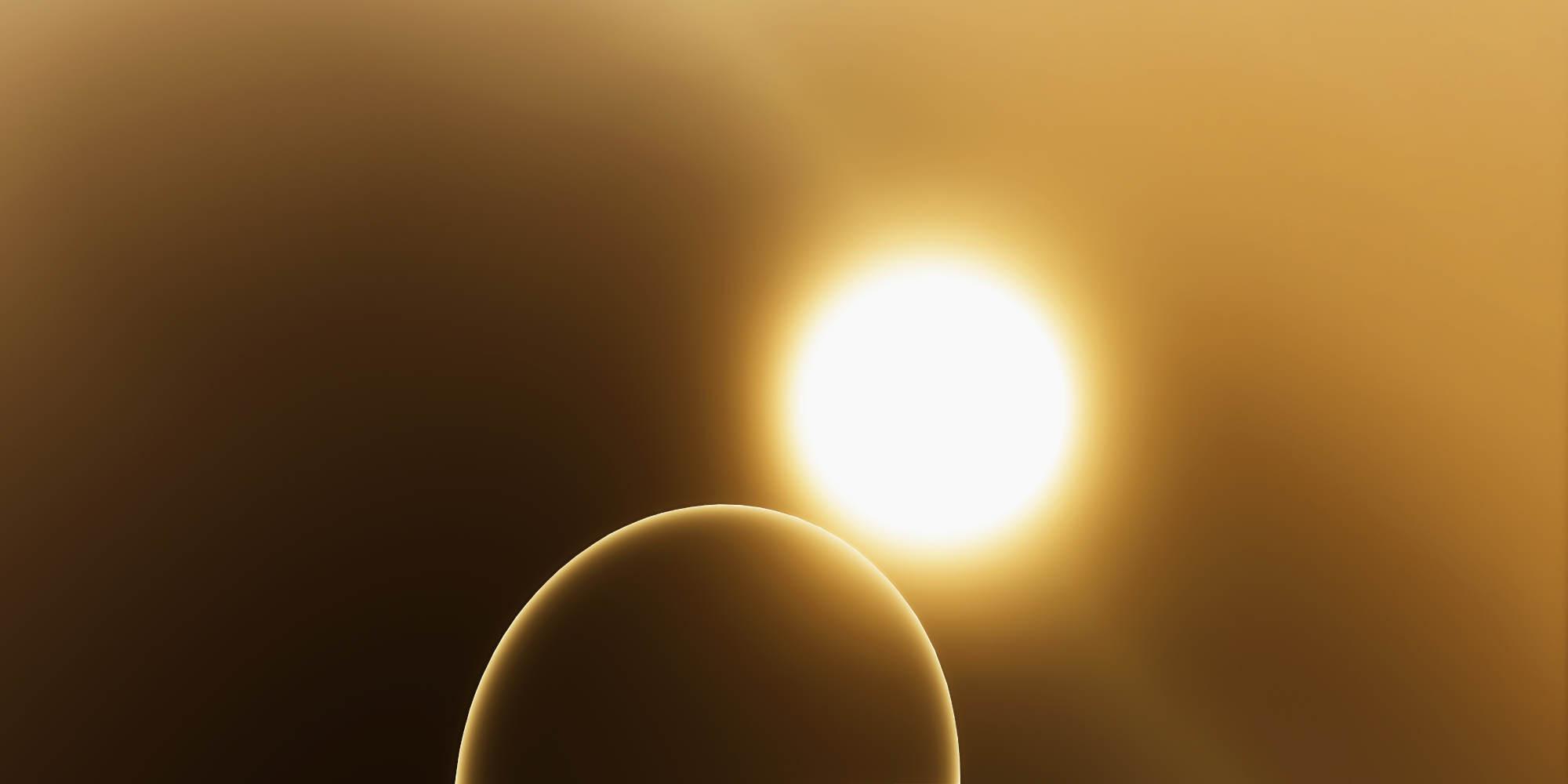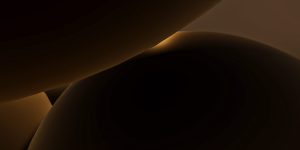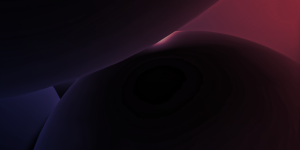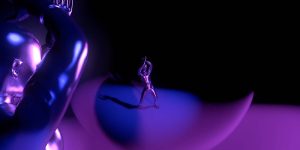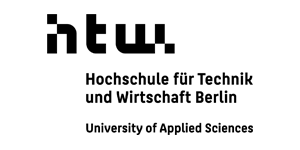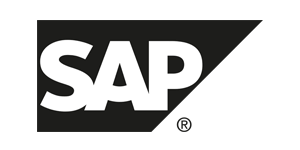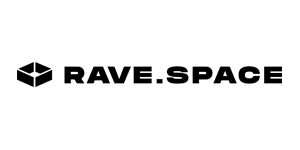As our environment undergoes its digital transformation, what might be understood as ’objective’ reality is increasingly being modified by a superimposed virtual realm. Virtual reality and mixed reality technologies are laying the foundation for a transition to a new form of mass media. At the same time a global pandemic has subjected the dream of a new virtual and networked world to a wake-up call. Social distancing temporarily shuttered cultural spaces and educational institutions, and the need for virtual spaces and meeting places continues to grow. What do these worlds look like? Which rules should apply to them? Who is allowed to participate in them? The exhibition ARTIFICIAL REALITY – VIRTUAL INTELLIGENCE showcases student projects that deal with these questions: By means of a Brain Computer Interface, the emotional state of the participant influences the perception of the virtual world. The exhibition explores the limits of human cognition by linking the physically experienced environment and a simultaneously projected minimally altered VR environment, resulting in a form of psychic dissonance. Ongoing dialogue with a voice assistance system creates new virtual worlds and reproduces the themes of power and powerlessness vis-à-vis an omnipresent intelligent machine. The works, all created during the Corona pandemic in distance learning programs, address relevant social issues raised by digital transformation processes: ARTIFICIAL REALITY BIG ART GENERATIVE DATA and VIRTUAL INTELLIGENCE.
Video
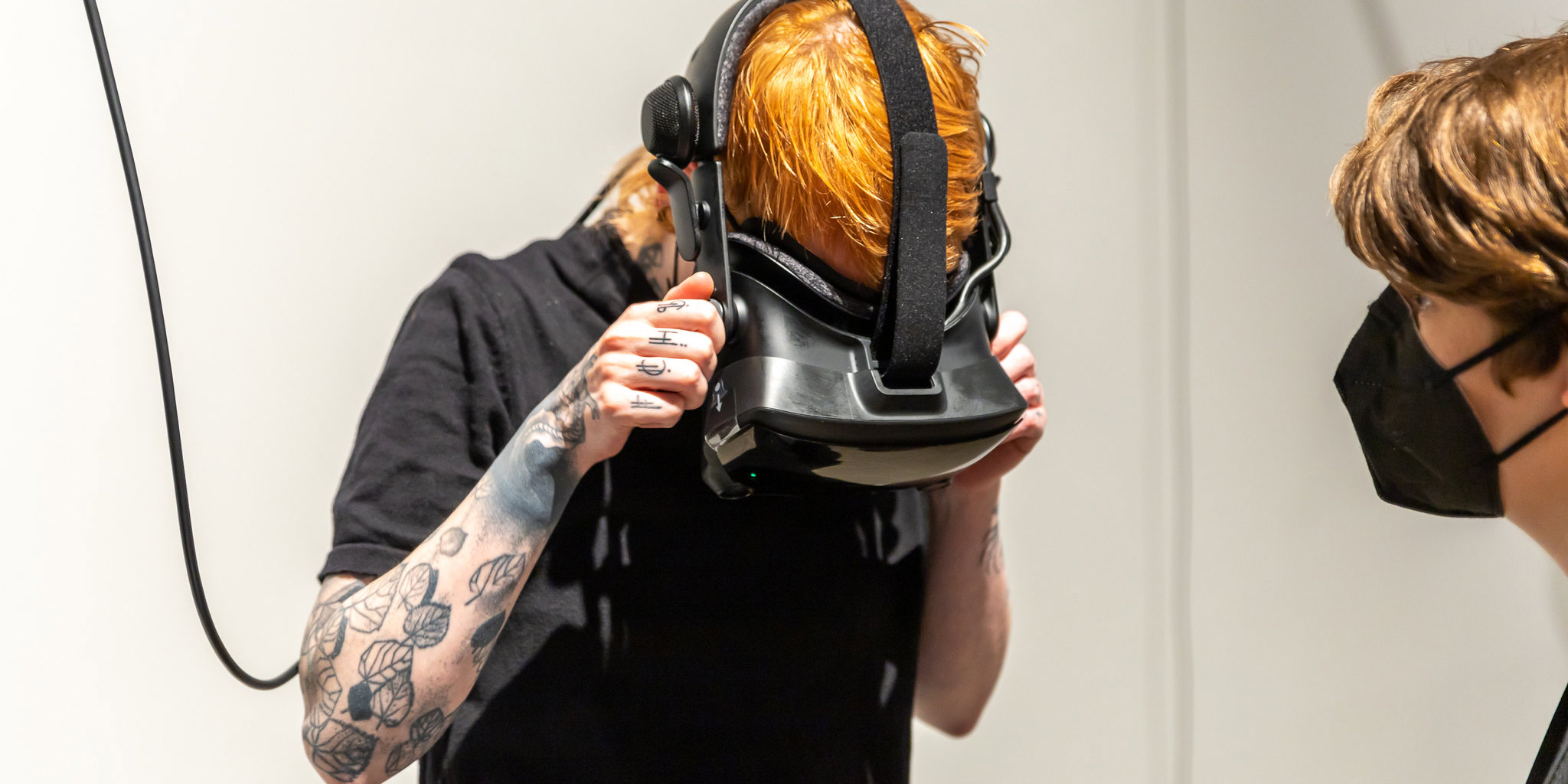
Garden Berlin: Artificial Reality – Virtual Intelligence / University of Applied Science Berlin – School of Culture and Design, Department of Communication Design (DE), Credit: Andreas Ingerl
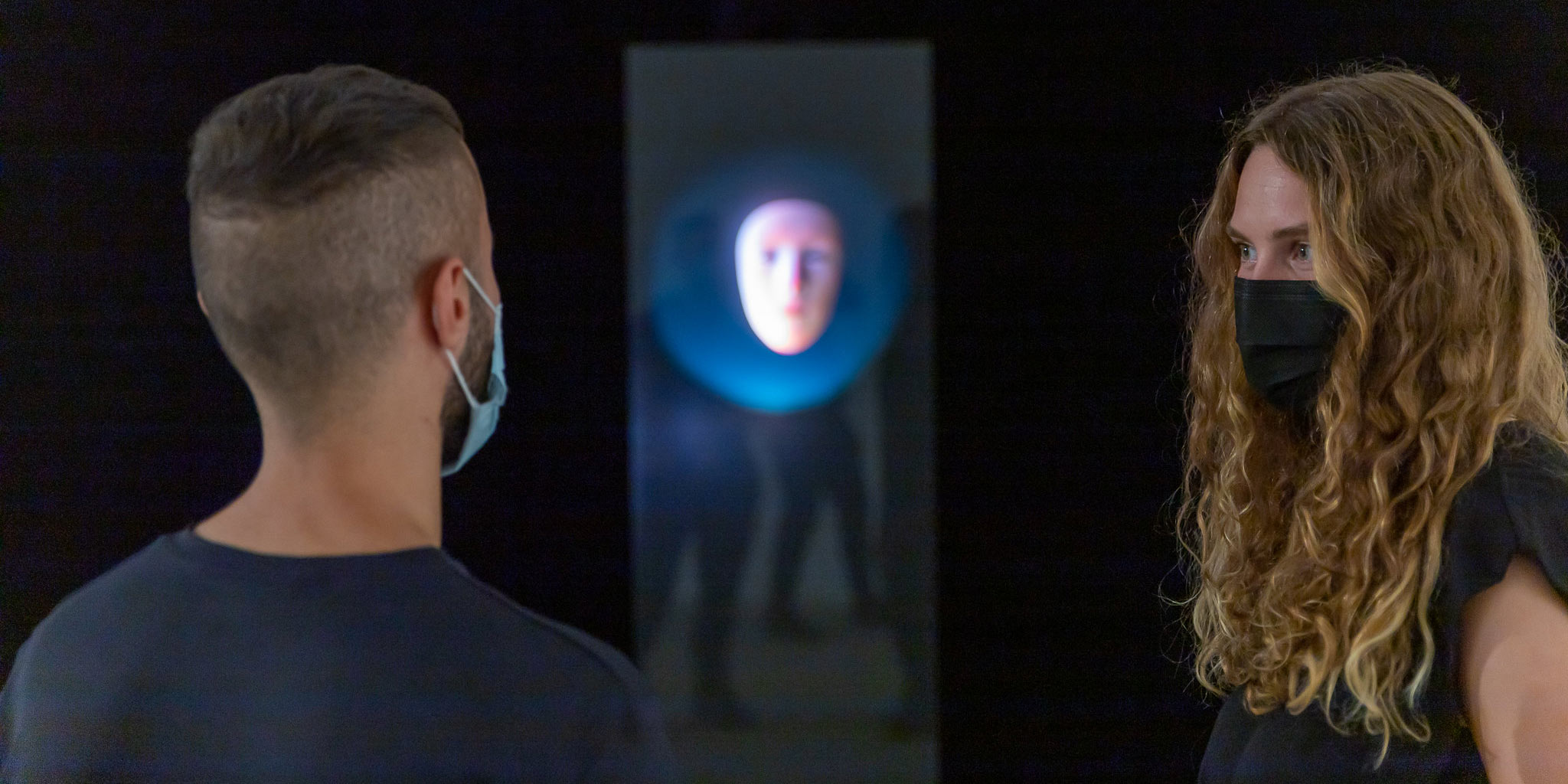
Garden Berlin: Artificial Reality – Virtual Intelligence / University of Applied Science Berlin – School of Culture and Design, Department of Communication Design (DE), Credit: Andreas Ingerl

Garden Berlin: Artificial Reality – Virtual Intelligence / University of Applied Science Berlin – School of Culture and Design, Department of Communication Design (DE), Credit: Andreas Ingerl

Garden Berlin: Artificial Reality – Virtual Intelligence / University of Applied Science Berlin – School of Culture and Design, Department of Communication Design (DE), Credit: Andreas Ingerl
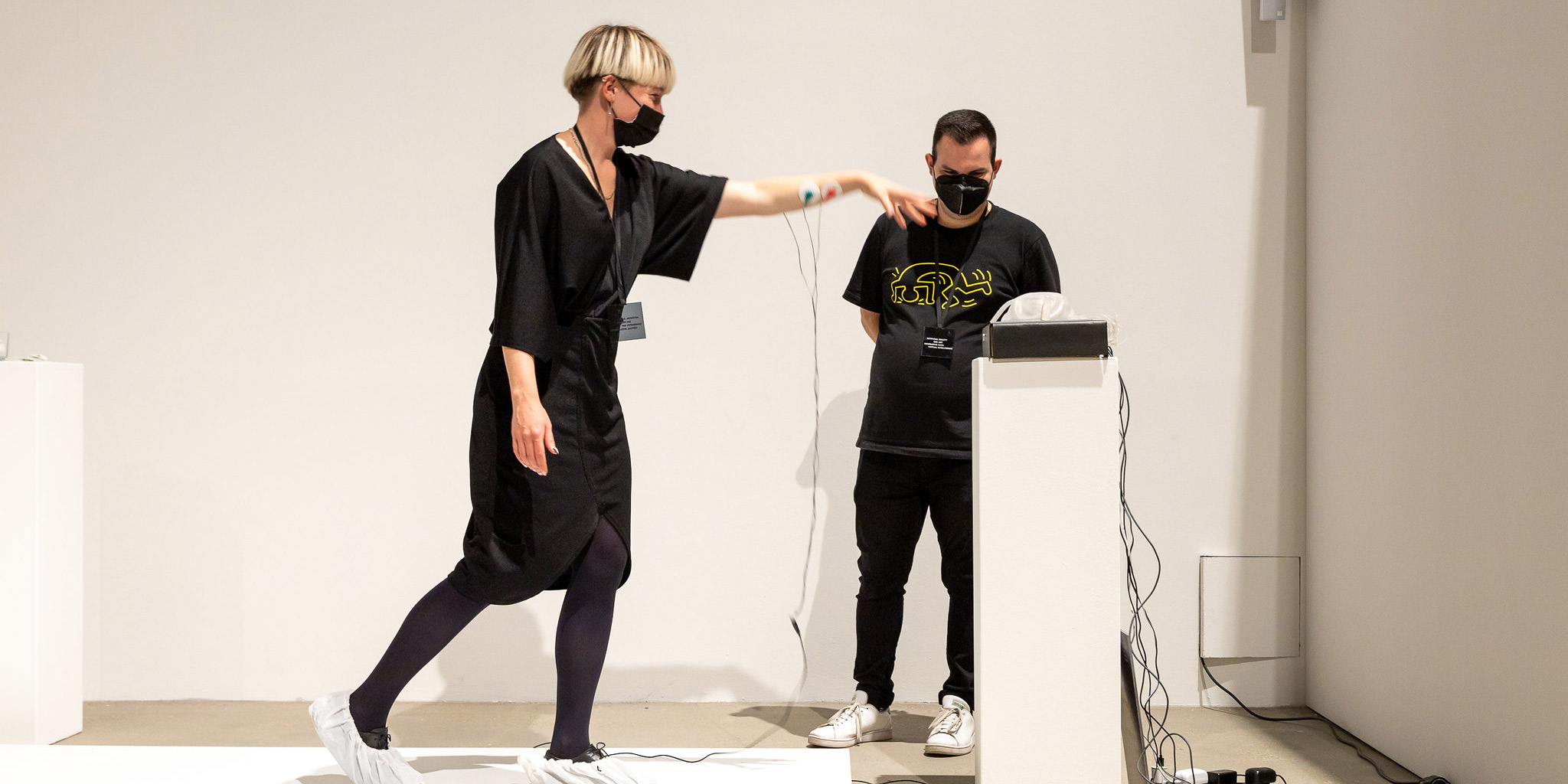
Garden Berlin: Artificial Reality – Virtual Intelligence / University of Applied Science Berlin – School of Culture and Design, Department of Communication Design (DE), Credit: Andreas Ingerl

Garden Berlin: Artificial Reality – Virtual Intelligence / University of Applied Science Berlin – School of Culture and Design, Department of Communication Design (DE), Credit: Franziska Baur
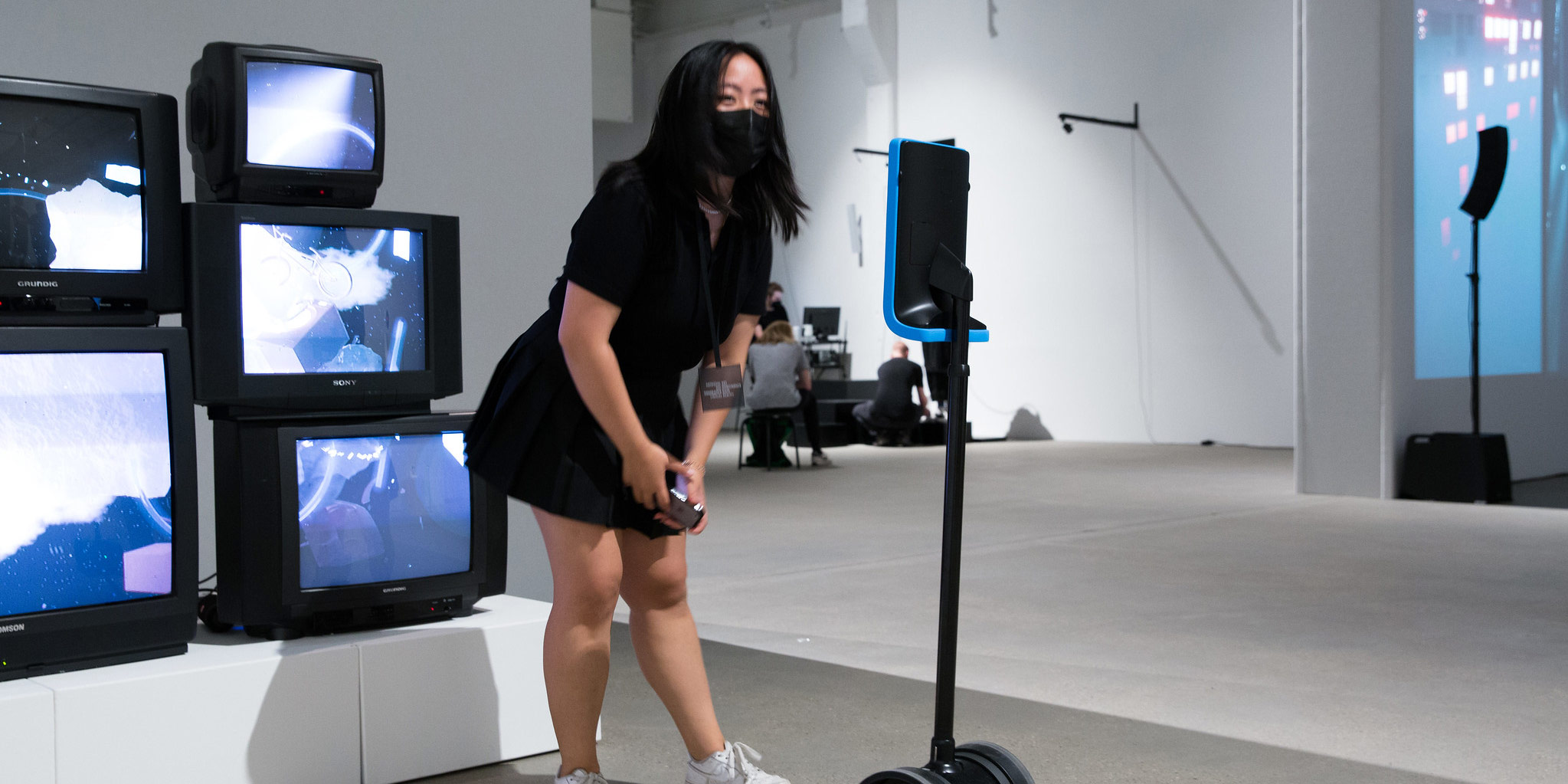
Garden Berlin: Artificial Reality – Virtual Intelligence / University of Applied Science Berlin – School of Culture and Design, Department of Communication Design (DE), Credit: Franziska Baur
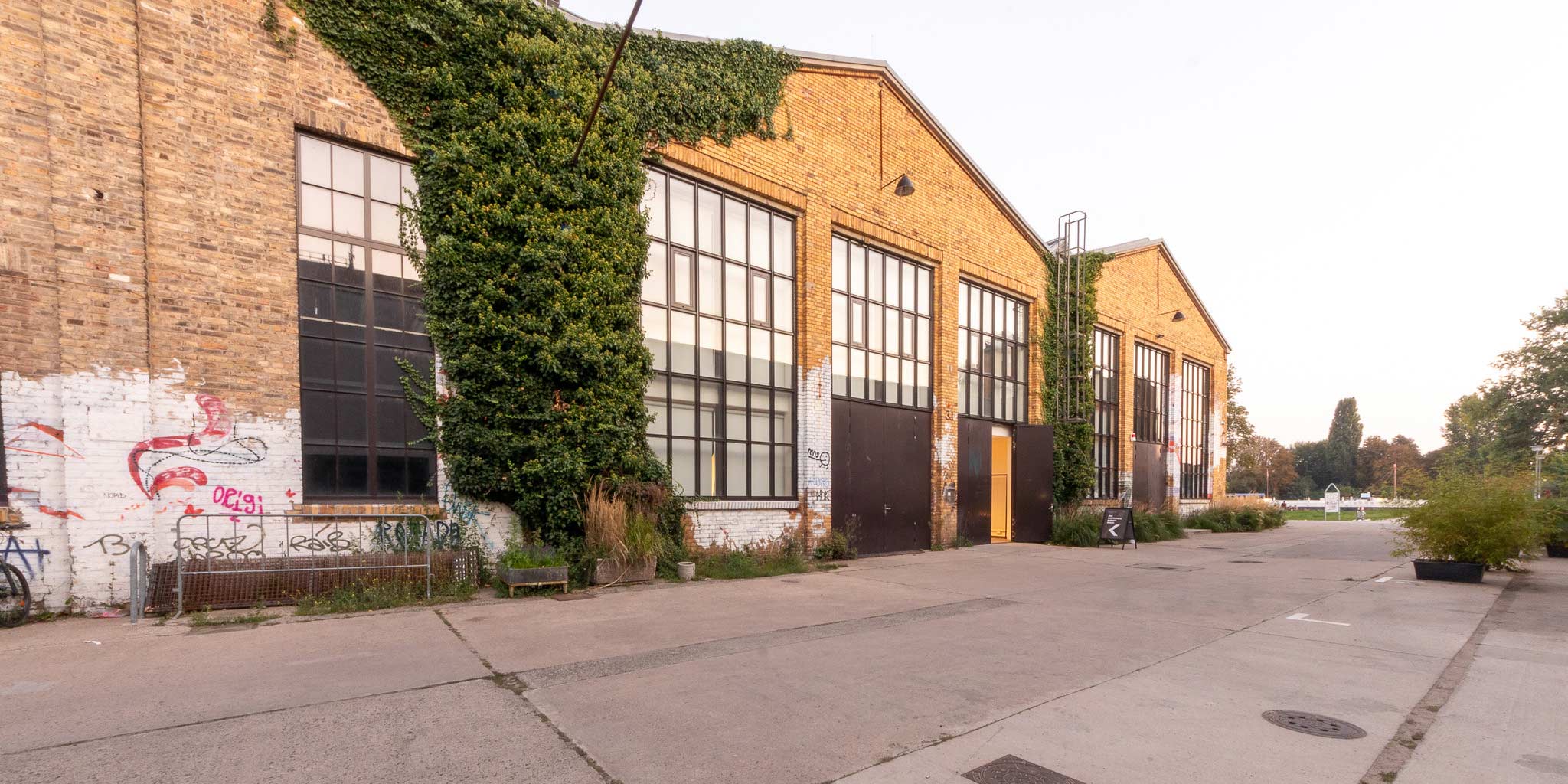
Garden Berlin: Artificial Reality – Virtual Intelligence / University of Applied Science Berlin – School of Culture and Design, Department of Communication Design (DE), Credit: Andreas Ingerl

Garden Berlin: Artificial Reality – Virtual Intelligence / University of Applied Science Berlin – School of Culture and Design, Department of Communication Design (DE), Credit: Andreas Ingerl
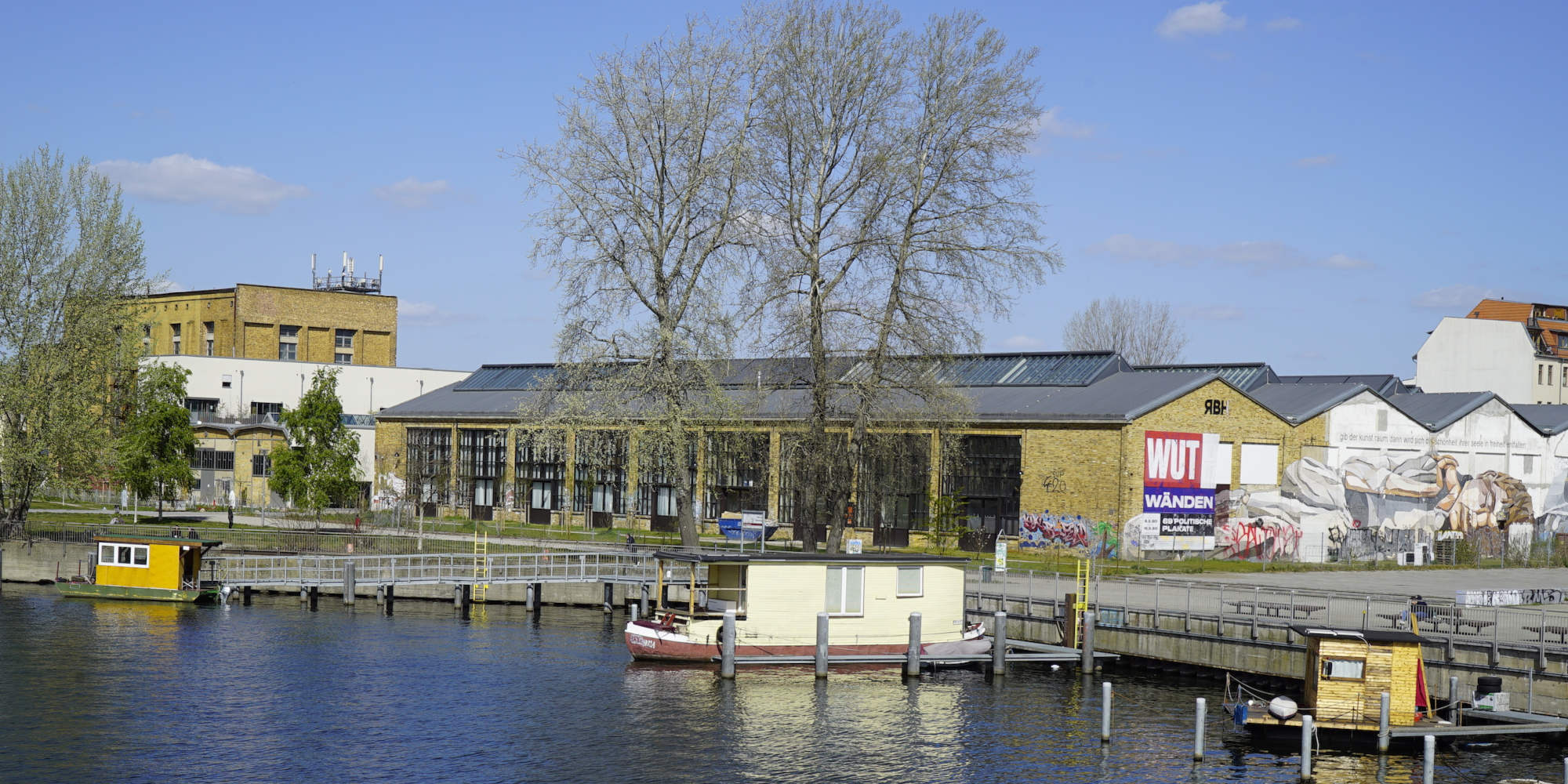
RBH, credit: Doreen Reichenbach
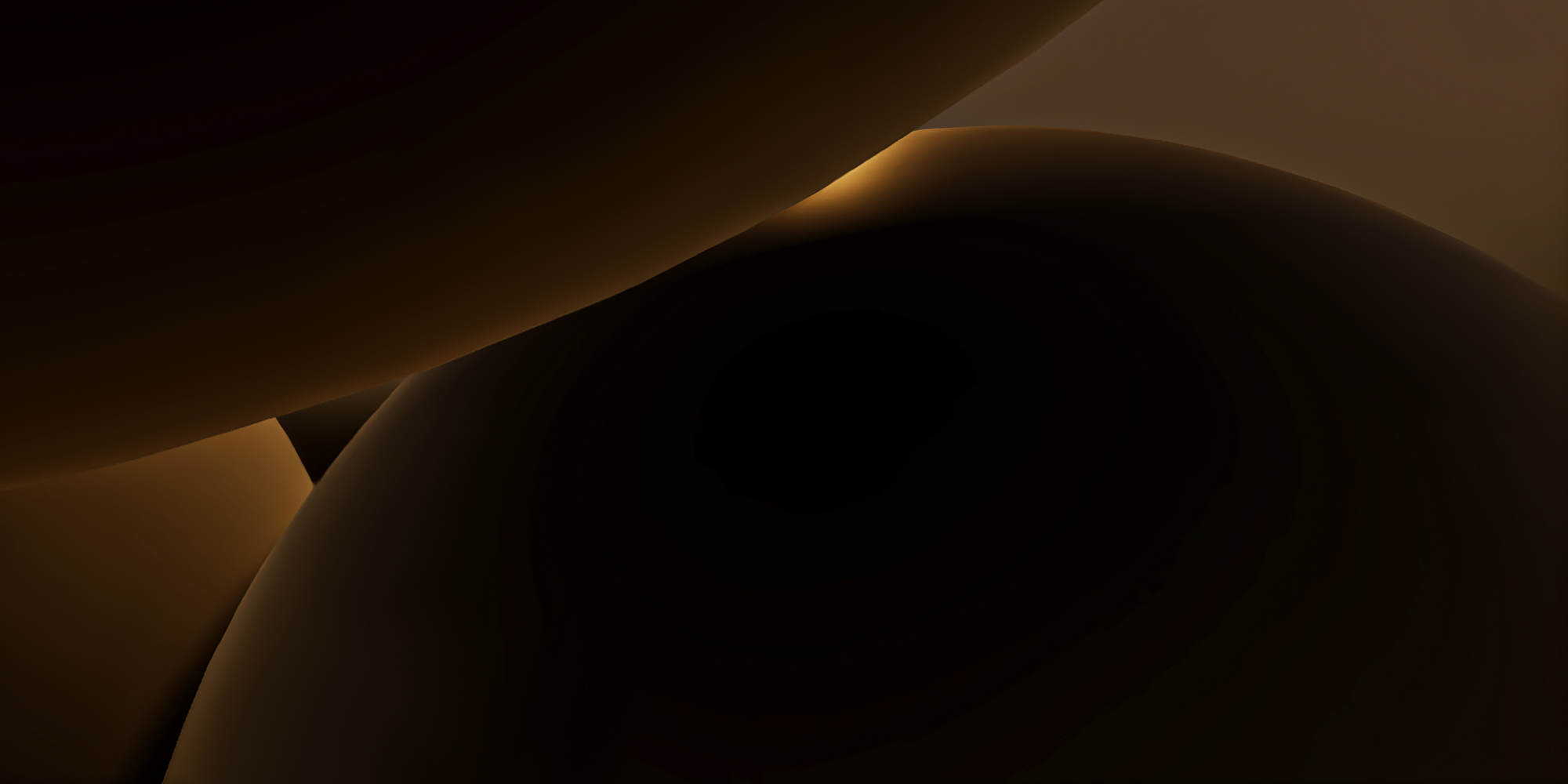
Artificial Reality – Virtual Intelligence, University of Applied Science Berlin – School of Culture and Design Department of Communication Design (DE), Credit: Maria Bürger
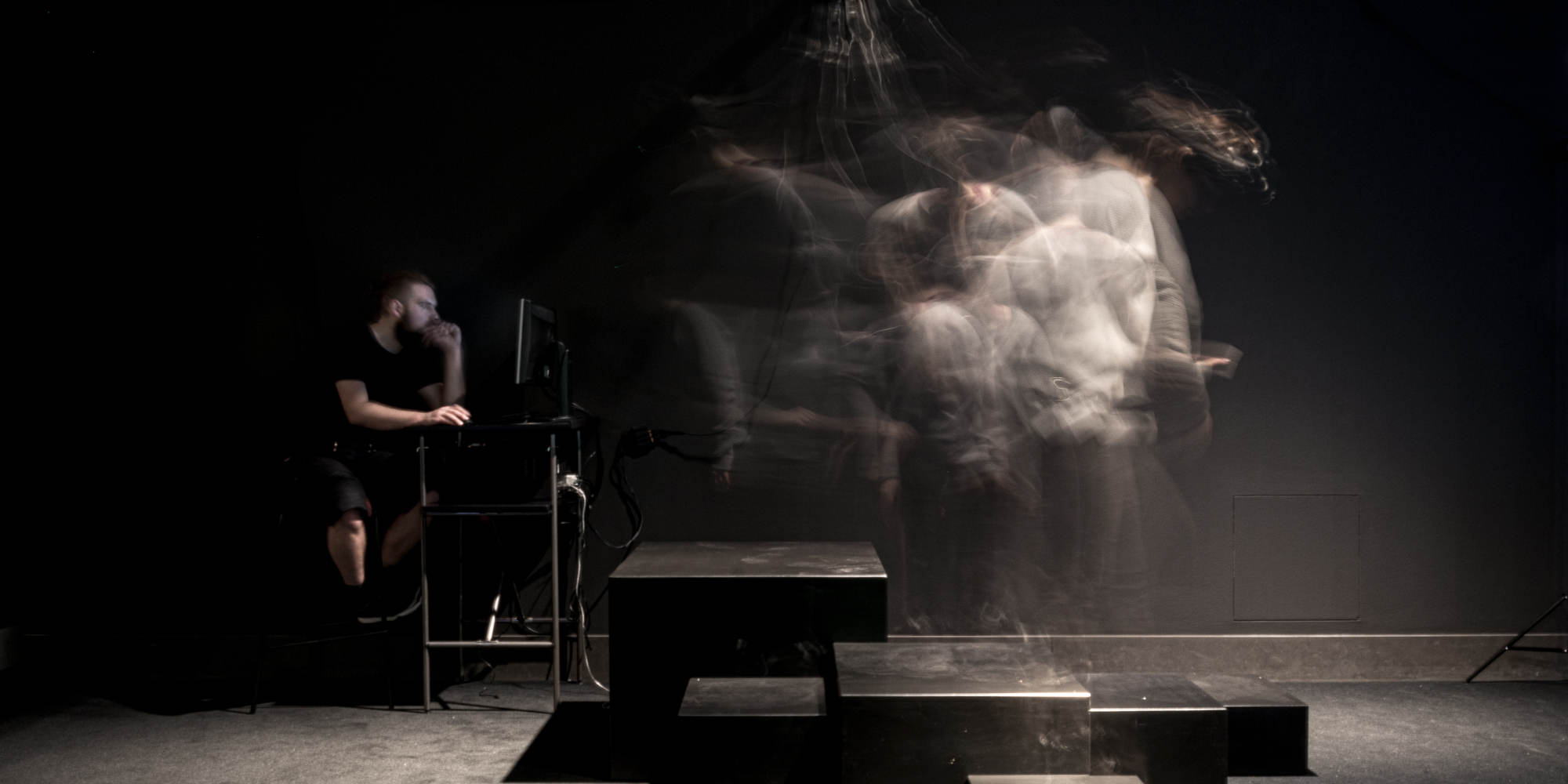
Schnittstellen, berlin design week, mfk berlin, htwberlin, 2019, credit: Andreas Ingerl
Maria Bürger: Maria Bürger graduated in 2020 from the Communication Design program at HTW Berlin with her final project Paradigm Shift. This project is a non-linear virtual reality experience that makes it possible to experience interaction with a digital assistance system in four spatial states and addresses different perspectives on the development of AI progress. She now works in the field of communication and public relations at the German Theatre Technical Society.
Mariya Yordanova: Mariya Yordanova is originally from Bulgaria, but Berlin has been her home for the past 7 years. In October 2020 she successfully completed her communication design studies at HTW Berlin. So far, Mariya’s passions have been illustrations and digital graphics as well as concept and layout design. For almost 4 years she’s been part of the Visual and UX design team at SAP Innovation Center in Potsdam, where she currently focuses on service design and user research.
Elena Kunau: Elena Kunau is originally from Voronezh, a medium-sized city in Russia. She came to Germany 7 years ago to study here. At the end of October 2020, she achieved her goal and completed her Bachelor’s degree in communication design at the University of Applied Sciences in Berlin. During her studies, Elena’s focus was on the conceptual development of a project that allowed her to work and experiment with different media. She is currently working as a designer in the Sapera agency with a focus on UI design. The agency focuses on data-informed communication, innovation, and transformation.
Felix Sewing: Felix Sewing graduated in 2019 from the Communication Design degree program at HTW Berlin with the final project VR Experience. This project not only shows its users the convergence between reality and virtuality, but also lets them feel and experience the dilemma of perception in virtual-real environments. He works at Junge Tüftler GmbH on educational offers on behalf of the Futurium, among other things, and is a lecturer in the communication design degree program for Virtual Reality and Machine Learning.
Hoang Quynh Nguyen: Hoang Quynh Nguyen was born in Hanoi, Vietnam and grew up in Rostock, Germany, where she worked at the Institut für neue Medien in 2016/2017 Friedas Atelier studio scholarship fellow. She then moved to Berlin and has since been studying communication design while working as a freelance filmmaker and photographer, as well as co-founder of the Danish film festival 48h of Hygge.
Moritz Schell (DE): Moritz Schell works and researches at the intersection of the physical world and its surrounding digital sphere by discovering and merging possibilities of creative coding, physical computing and innovative technologies. He is co-founder of the interdisciplinary design studio ”triggerbangbang.” He also teaches and researches at the department of communication design at the HTW Berlin. He studied media art at the Bauhaus University, Weimar.
Andreas Ingerl: Andreas Ingerl is Professor of Audiovisual Multimedia in the Communication Design program at HTW Berlin and studied Visual Design at HfG Schwäbisch Gmünd and Media Studies at the University of Tübingen. At the turn of the millennium, together with Prof. Ralf Dringenberg (HfG Gmünd), he was involved in the conception and design of communication systems based on Internet technologies and in research and development in the field of dynamic real-time visualisation of audio data, which led to several patent applications. He was later a research assistant at the TU Ilmenau in the field of media conception / media psychology.
Credits
Curation: Andreas Ingerl & Moritz Schell
Participating Students: Maria Bürger, Elena Kunau, Hoang Quynh Nguyen, Felix Sewing & Mariya Yordanova et al.
in collaboration with Stiftung Reinbeckhallen (DE)
